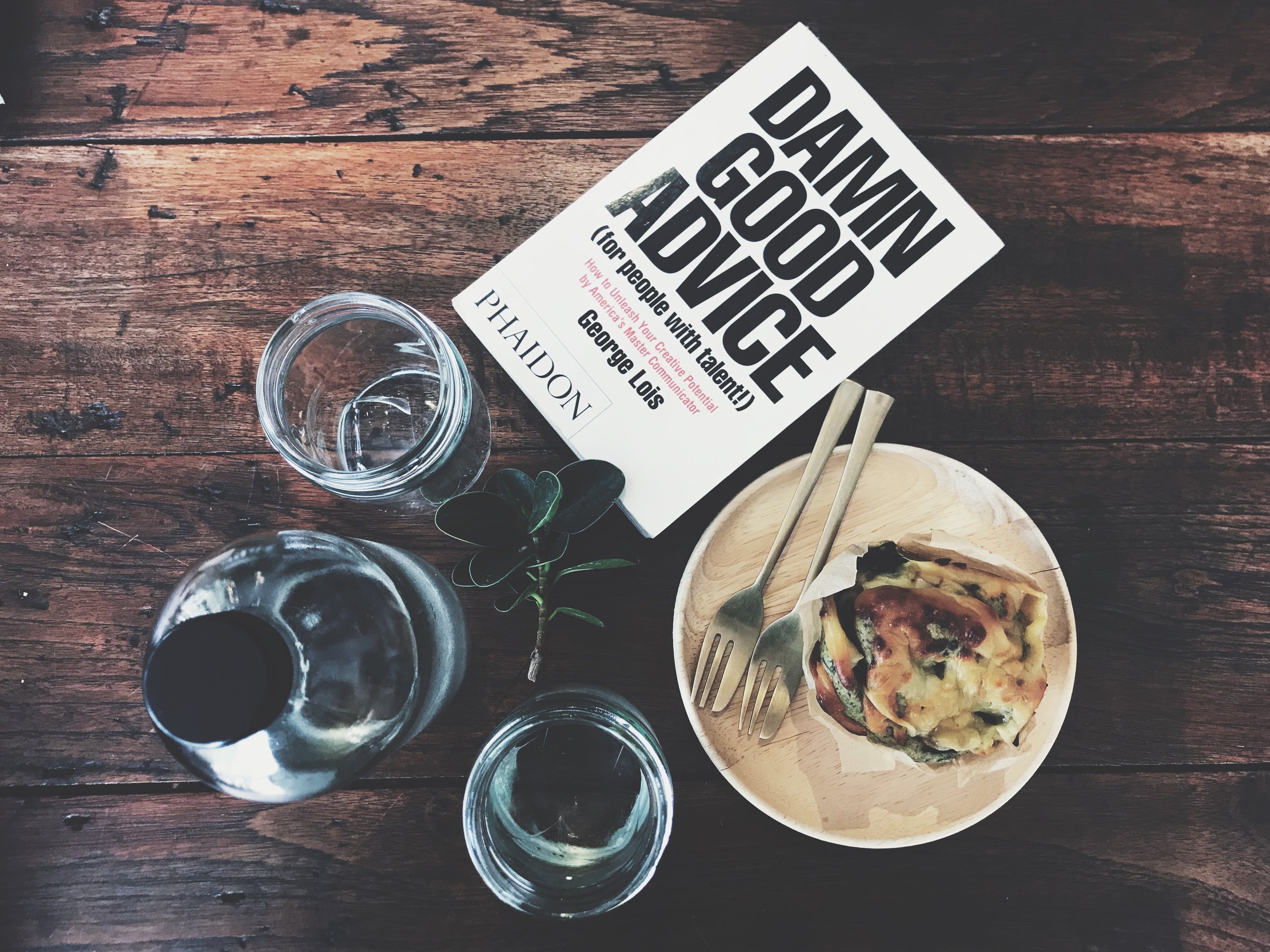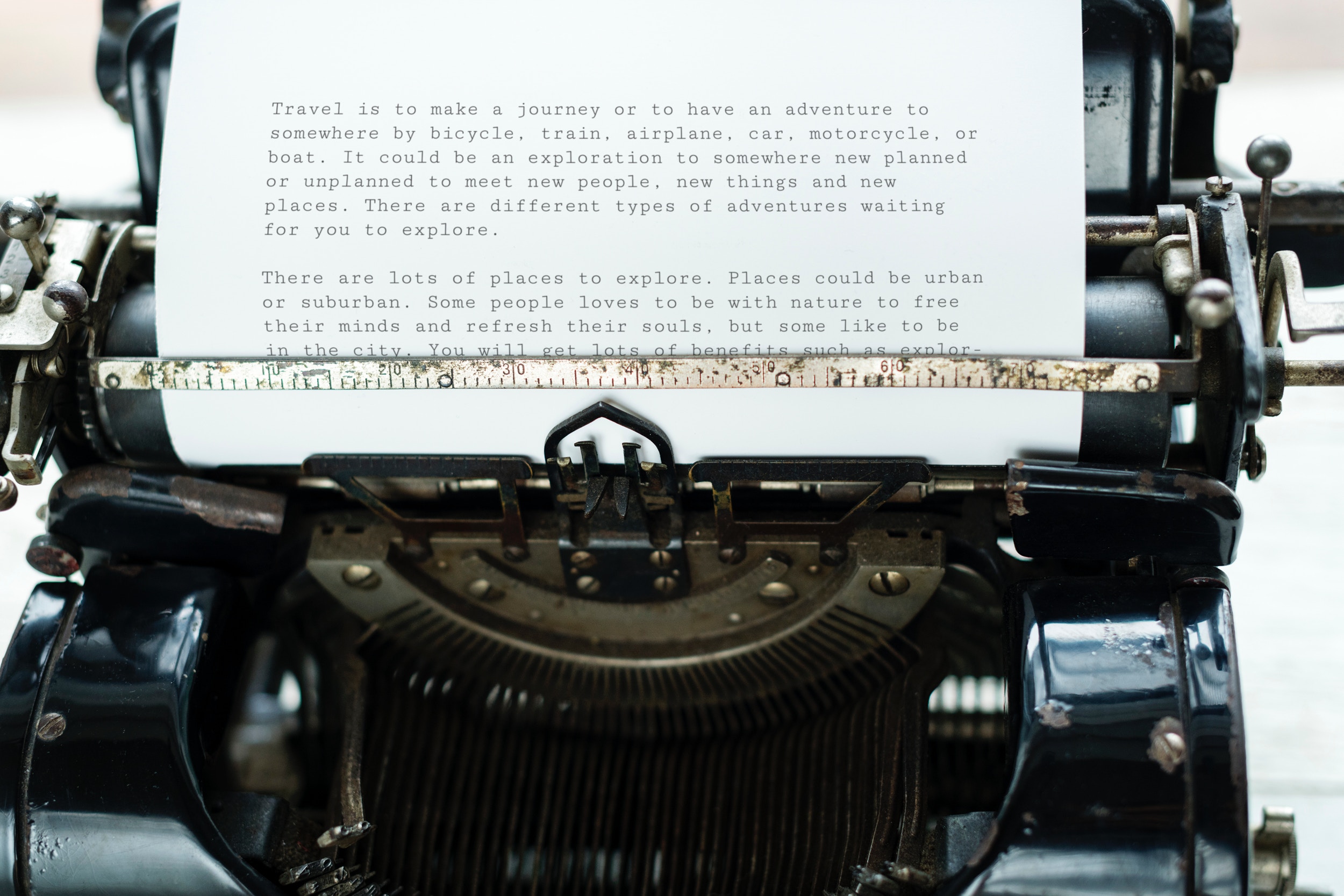One standard structure I've used is to Restate, Review, Connect, and Combine (I remember it as R-R-C-C):
Sentence #1: RESTATE the thesis by making the same point with other words.
Sentences #2-4: REVIEW supporting ideas; summarize how they prove the thesis.
Sentence #5: CONNECT back to the essay's main premise and relate your closing statement to an opening thought; make it relatable to impress a reader and give them something to contemplate.
Lastly, COMBINE these sentences into a conclusion. Eliminate redundancy. Add a transition word or phrase to make it clear you're concluding. Just try to be more inventive than the standard "In conclusion..." or "In closing..."
There are pitfalls to avoid. Resist the temptation to write any new information; focus on summarizing the thesis and statements. Try not to share personal thoughts unless it's a first-person opinion piece. Don’t attempt to restate every detail - that's what the body paragraphs are for. And finally, don't use boring, mundane words. Choose concise but vivid language instead.
To end an essay in a strong manner, consider its type and audience. A conclusion is your last chance to impress readers. R-R-C-C can be effective, but don't be afraid to take a more creative approach if it presents itself...just avoid the pitfalls I mentioned.
















